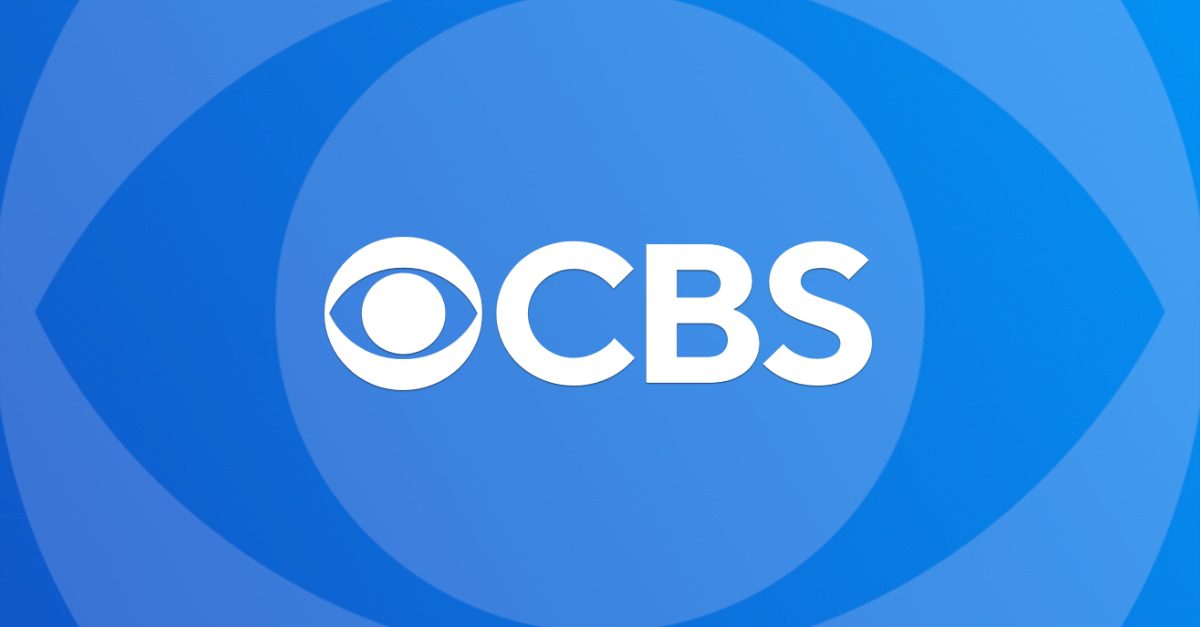On Wednesday, March 16, the Federal Reserve officially announced that they are raising the central bank’s benchmark short-term interest rate by 0.25 percent. While a quarter-point may not seem like a drastic increase, this is expected to be the first of several hikes as the Fed attempts to combat inflation. To learn more about how higher interest rates may impact investors, CBS News recently turned to AlphaCore CEO and Founder Dick Pfister, CAIA, for insight.
“Because rates go up, mortgages and cars become harder to afford,” Pfister tells the publication. “The benefit will be — if they can do this without causing a recession — it should bring inflationary prices down.”
Additionally, while the economy is on solid ground right now, families will begin using more of their income to pay these higher rates, which creates its own set of risks. “It’s really a very thin needle to thread for the Federal Reserve,” explains Pfister. “We have had this easy money mentality for such a long time, it’ll be hard to wean the economy off that mentality.”
One upside multiple rate increases may have on investors is that it will create higher yields in savings accounts, but only to a certain extent. With today’s average interest rate at 0.06% and inflation still surging, keeping money in savings will barely help investors grow their wealth.
“If [savings account rates] goes up to 1% and inflation stays close to 8%, you are still negative 7% in a real yield sense,” said Pfister. “Unless the rate hikes tame inflation, you still will be upside down.”

